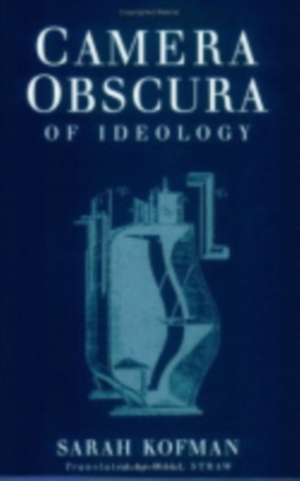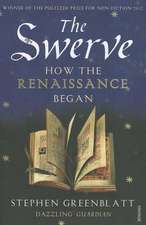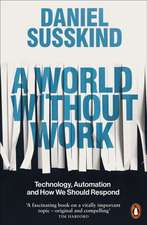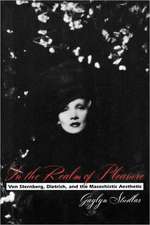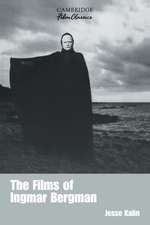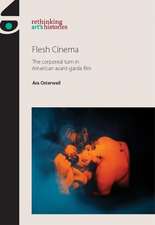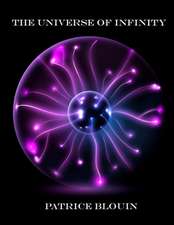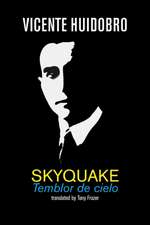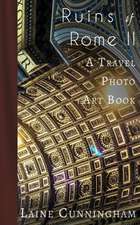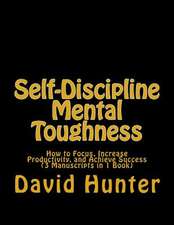Camera Obscura
Autor Sarah Kofman Traducere de Will Strawen Limba Engleză Paperback – 16 dec 1998
Marx, Freud, Nietzsche--in vastly different ways all three employed the metaphor of the camera obscura in their work. In this classic book--at last available in an English translation--the distinguished French philosopher Sarah Kofman offers an extended reflection on this metaphor. She contrasts the mechanical function of the camera obscura as a kind of copy machine, rendering a mirror-image of the work, with its use in the writings of master thinkers. In her opening chapter on Marx, Kofman provides a reading of inversion as necessary to the ideological process. She then explores the metaphor of the camera obscura in Freud's description of the unconscious. For Nietzsche the camera obscura is a "metaphor for forgetting." Kofman asks here whether the "magical apparatus" of the camera obscura, rather than bringing about clarity, serves some thinkers as fetish. Camera Obscura is a powerful discussion of a metaphor that dominates contemporary theory from philosophy to film.
Preț: 293.93 lei
Nou
56.24€ • 58.87$ • 46.81£
Carte tipărită la comandă
Livrare economică 01-15 aprilie
Specificații
ISBN-10: 0801485932
Pagini: 112
Ilustrații: black & white illustrations
Dimensiuni: 138 x 215 x 10 mm
Greutate: 0.15 kg
Editura: Cornell University Press
Descriere
Marx, Freud, Nietzsche--in vastly different ways all three employed the metaphor of the camera obscura in their work. In this classic book--at last available in an English translation--the distinguished French philosopher Sarah Kofman offers an extended reflection on this metaphor. She contrasts the mechanical function of the camera obscura as a kind of copy machine, rendering a mirror-image of the work, with its use in the writings of master thinkers. In her opening chapter on Marx, Kofman provides a reading of inversion as necessary to the ideological process. She then explores the metaphor of the camera obscura in Freud's description of the unconscious. For Nietzsche the camera obscura is a "metaphor for forgetting." Kofman asks here whether the "magical apparatus" of the camera obscura, rather than bringing about clarity, serves some thinkers as fetish. Camera Obscura is a powerful discussion of a metaphor that dominates contemporary theory from philosophy to film.
